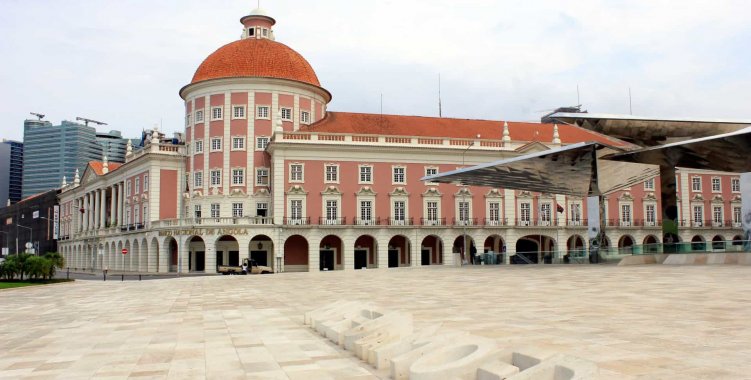"Minimalist, the proposed constitutional revision in the area of economics and finance aims to reinforce the signs of the market economy and macroeconomic stability, highlighting as an essential element of this law the consecration of central bank independence and its focus on combating inflation", concludes the group of academics, in an analysis to which Lusa had access.
For Cedesa, in terms of public opinion, "the heart of the constitutional change in economic and financial terms will be in article 100 referring to the BNA (Banco Nacional de Angola)".
Because the central bank becomes the "guarantee price stability in order to ensure the preservation of the value of the national currency and the stability of the financial system".
In addition, the central bank of Angola "becomes an independent administrative authority in the pursuit of its tasks and in the exercise of public powers".
Now, an independent central bank can "have more credibility and inspire more confidence", which "helps to reduce inflationary expectations".
Thus, for analysts, "there is thus an attempt to introduce additional credibility in monetary policy and to accentuate the fight against inflation".
Other positive aspects of the proposal, according to the academic group, are the changes that allow the promotion of private initiative and accelerate the recovery of assets resulting from corrupt activities.
Cedesa says that the constitutional review proposal guarantees and protects private property and free enterprise, through State accountability.
This means, that "positive behavior of the State is introduced, that of the promotion of free private initiative", he considers. The proposal "introduces confiscation as a sanctioning measure, which is permitted when there is a serious offense against laws that protect the economic interests of the State".
For this reason, "this norm is to be applauded in the present context of combating corruption", stress the academics.
With regard to article 92, referring to the informal economy, CEDESA warns of the dangers of the amendment contained in the constitutional review proposal.
More than "its progressive framing in the structured economy system", what "the Constitution should advocate was the adoption of policies to support the informal sector of the economy", defends Cedesa.
Because the informal sector, "is a true buffer from the lack of work and an incubator for potential successful small and medium-sized companies", they say.
Cedesa says that, in southern Africa, the informal economic sector is a "crucial element of survival", given that 72 percent of all non-agricultural employment is in that sector.
In general terms, Cedesa considers that the proposal precisely because it is minimalist "risks creating expectations in the population that later will not be satisfied".
The President announced, at the beginning of this month, a specific revision of the Constitution with the aim, among others, of clarifying the mechanisms of political oversight, giving voting rights to residents abroad and eliminating the principle of gradualism in municipalities, motivating several criticisms for opponents.







